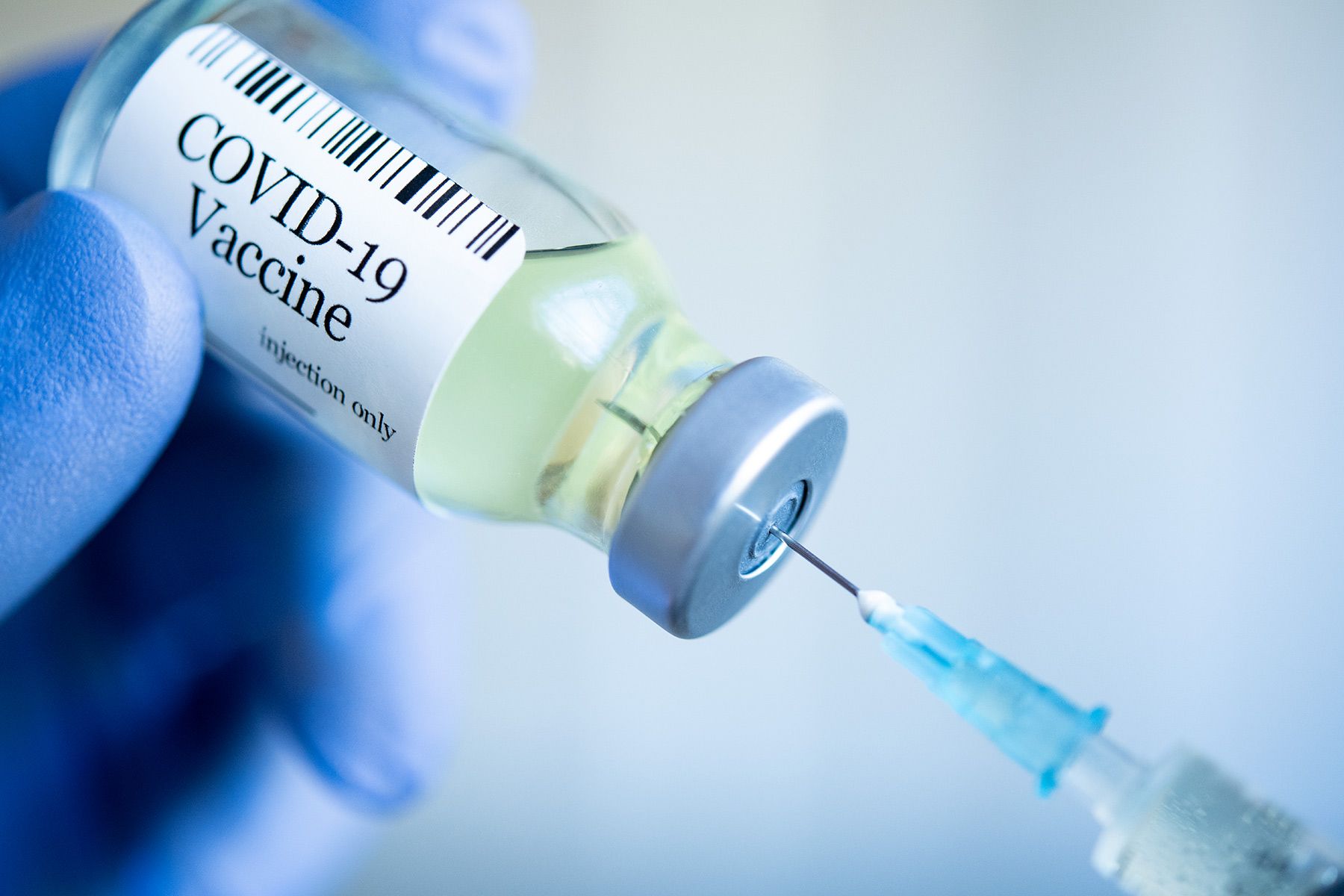What Factors Could Influence the Success of IVF Treatment
The success of IVF treatment is influenced by various factors, including a woman’s age, embryo and sperm quality, and uterine health. Younger women and those with healthier eggs and sperm have higher success rates. Lifestyle factors like maintaining a healthy diet, avoiding smoking, and managing stress also play a crucial role. Other key elements include the ovarian response to stimulation, the expertise of the fertility clinic, and the use of advanced techniques like preimplantation genetic testing (PGT). Addressing these factors can improve the likelihood of a successful IVF outcome.

In-vitro fertilization (IVF) is a widely used fertility treatment that has helped countless couples fulfill their dreams of parenthood. However, the success of IVF varies from person to person and depends on multiple factors. While medical advancements have significantly improved the chances of success, several biological, lifestyle, and clinical variables play a critical role.
1. Age of the Woman
Age is one of the most important factors affecting IVF success. Women under the age of 35 generally have higher chances of success, as their eggs are of better quality. As women age, the quantity and quality of their eggs decline, which can reduce the likelihood of fertilization and implantation.
For women over 40, IVF may still be an option, but they often need to consider using donor eggs to improve their chances of a successful pregnancy.
2. Quality of Embryos
The quality of embryos used during the IVF process significantly impacts the outcome. High-quality embryos are more likely to implant successfully in the uterus and result in a healthy pregnancy. Embryo quality is influenced by both the health of the egg and sperm, as well as the lab conditions during fertilization.
3. Sperm Quality
Male fertility factors, including sperm count, motility, and morphology, also influence the success of IVF. If there are issues with sperm quality, techniques like intracytoplasmic sperm injection (ICSI) can be used to directly inject a single healthy sperm into the egg, improving the chances of fertilization.
4. Ovarian Response
During IVF, a woman’s ovaries are stimulated to produce multiple eggs. The ability of the ovaries to respond to this stimulation is crucial for success. A poor ovarian response can result in fewer eggs being retrieved, which may lower the chances of fertilization and implantation.
5. Uterine Health
The condition of the uterus plays a vital role in embryo implantation. Issues like fibroids, polyps, or a thin endometrial lining can hinder the success of IVF. Fertility specialists often evaluate uterine health before starting treatment to ensure it is conducive to supporting a pregnancy.
6. Lifestyle Factors
Lifestyle choices can greatly impact the success of IVF treatment. Factors such as smoking, excessive alcohol consumption, obesity, and poor diet can reduce fertility and affect the quality of eggs and sperm.
Maintaining a healthy lifestyle, including a balanced diet, regular exercise, and stress management, can improve the chances of a successful IVF cycle.
7. Stress Levels
Emotional and physical stress can negatively affect fertility. The IVF process can be demanding, and managing stress is essential for overall health. Practices like yoga, meditation, or counseling can help reduce stress and improve the chances of success.
8. Choice of Fertility Clinic
The expertise and experience of the fertility clinic and its specialists play a significant role in the success of IVF. A clinic with advanced technology, skilled embryologists, and a high success rate can improve the likelihood of achieving a successful pregnancy.
9. Number of Embryos Transferred
The number of embryos transferred during IVF can influence success rates. Transferring more embryos may increase the likelihood of pregnancy, but it also raises the risk of multiple pregnancies, which can lead to complications. Fertility specialists typically recommend transferring one or two embryos based on the patient’s medical history and age.
10. Preimplantation Genetic Testing (PGT)
For couples facing repeated IVF failures or those with a history of genetic conditions, preimplantation genetic testing (PGT) can be a game-changer. This advanced technology helps identify genetically normal embryos, improving the chances of a successful pregnancy and reducing the risk of miscarriage.
11. Duration of Infertility
The length of time a couple has been trying to conceive can also influence IVF outcomes. Couples with a shorter duration of infertility often have better success rates, as prolonged infertility may indicate underlying issues that are harder to address.
12. Overall Health
Underlying medical conditions, such as diabetes, thyroid disorders, or autoimmune diseases, can affect fertility and IVF outcomes. It is important to manage these conditions before starting treatment to improve the chances of success.
Conclusion:
The success of IVF treatment depends on a combination of factors, including age, egg and sperm quality, uterine health, lifestyle choices, and the expertise of the fertility clinic. While some of these factors are beyond your control, others can be addressed through lifestyle changes, medical intervention, and careful planning.
If you are considering IVF, consult a trusted fertility specialist to evaluate your specific circumstances and create a personalized treatment plan. By understanding and addressing these influencing factors, you can maximize your chances of achieving a successful pregnancy.
For More Details: https://acimc.org/ivf-lahore/
What's Your Reaction?














